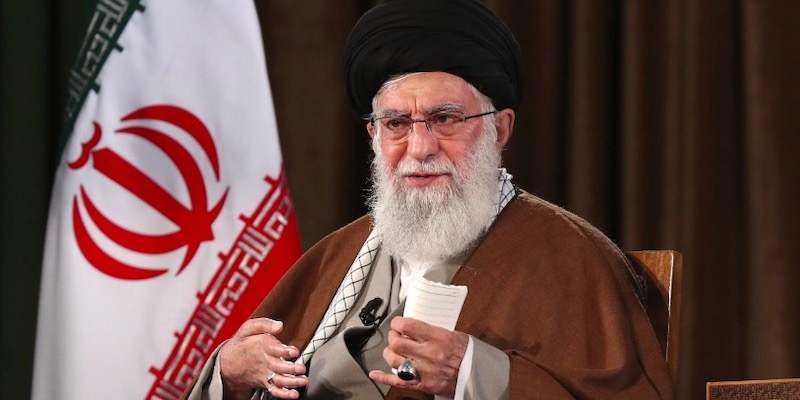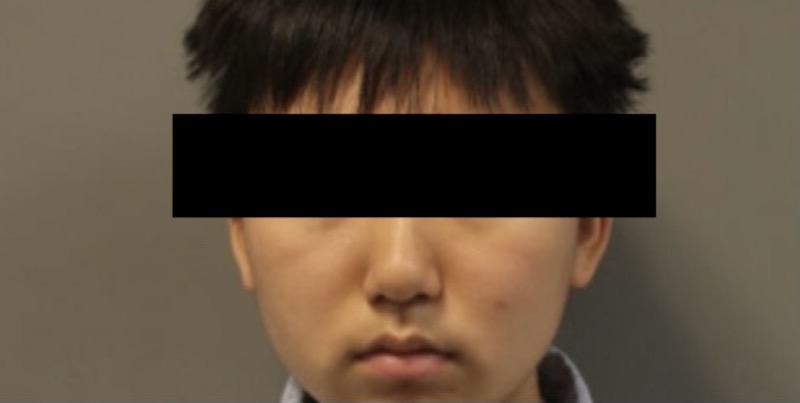After becoming an Islamic Republic, Iran has not only implemented Sharia Law, but has sought to export its Islamic Revolution abroad. It has supported Hezbollah (as well as Hamas) as part of its fight against Israel. It backs up Shiite Militias in Iraq and has tried to control the Strait of Hormuz (despite it being international waters). And it is seeking the development of nuclear weapons.
And lately, the Iranians have become more aggressive. Their proxy terrorist organization known as the Houthis (based in Yemen) has not only launched a series of attacks against Israel, but also has disrupted shipping in the Red Sea via the Bab el Mandeb (the strait connecting the Red Sea to the Gulf of Oman). Meanwhile, the Biden Administration refuses to designate the Houthis as a terrorist organization, especially after it removed the Houthis from its list of terrorist organizations in early 2021 in an apparent attempt to revive the Iran nuclear deal.
Now things seem to have become more complicated. On January 16, the Iranians launched a series of missile and UAV attacks on the Pakistani province of Balochistan. Two days later, the Pakistani Government retaliated by launching a missile attack on an Iranian village near the Iranian-Pakistani border.
Why did Iran launch these attacks against Pakistan? It is because the Iranians were targeting Jaish-al-adl, a Baloch separatist group wanting to form its own country out of both Iranian and Pakistani territory.
It should also be noted that Balochistan is mostly Sunni (as is most of Pakistan), while Iran is mostly Shiite. Thus most people in Balochistan are anti-Shiite and anti-Iranian. In fact, Ramzi Yousef (the 1993 World Trade Center bomber) was from Balochistan and is believed to have carried out a bombing at an Islamic shrine in Mashhad, Iran.
In the midst of the tensions between Iran and Pakistan, the Taliban regime in Afghanistan has urged both nations to show restraint — apparently, trying to keep unity within the Muslim world against the West.
Meanwhile, Iran continues to persecute its own citizens, ranging from women who protest wearing the hijab to those accused of spying for Israel. In addition, its Deputy President Mohammed Dehghan stated that any person who takes action against the national security of Iran will face consequences, whether they be Iranian or non-Iranian.
The Iranian Government has threatened Iranian dissidents living abroad and has even targeted them (something Muammar Qadafi did when he was dictator of Libya). But as far as non-Iranians are concerned, who exactly is the Iranian Government referring to? Any action taken by another nation (e.g. Israel, Pakistan)? A non-Iranian criticizing the Iranian Government in the news or on social media?
At any rate, given how the Iranian Government is oppressing its own people while engaging in conflicts abroad, it seems that it could be biting off more than it can chew.
In fact, the days of the Islamic Republic of Iran could be numbered.
Let’s hope that is the case.




